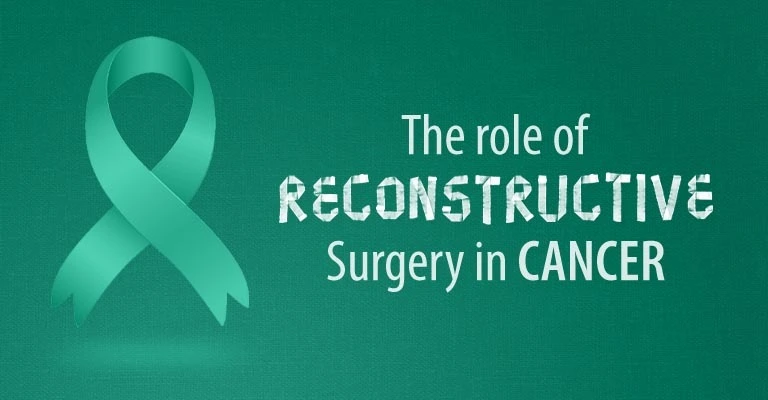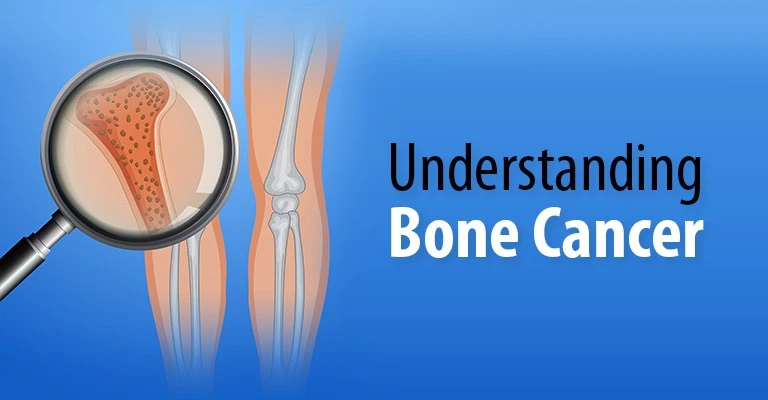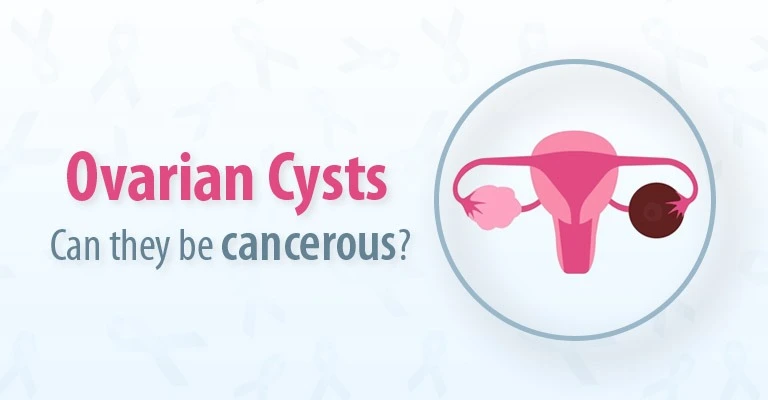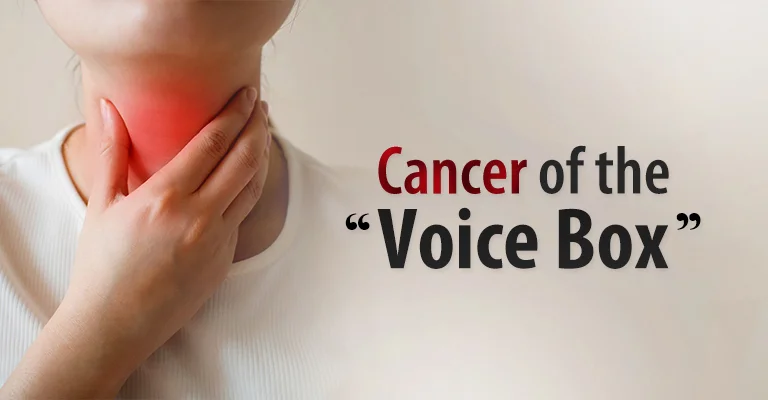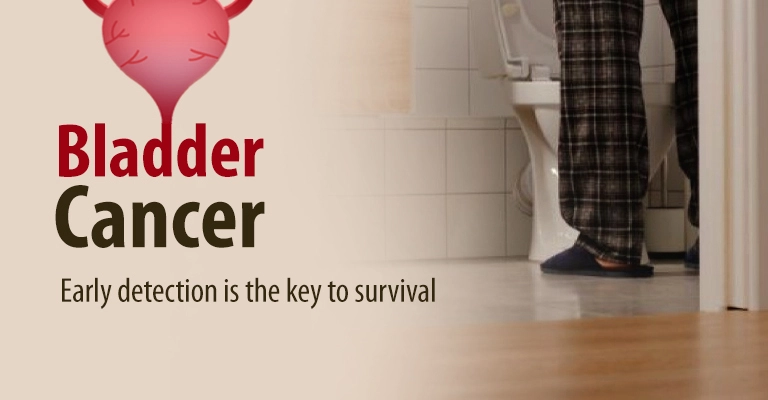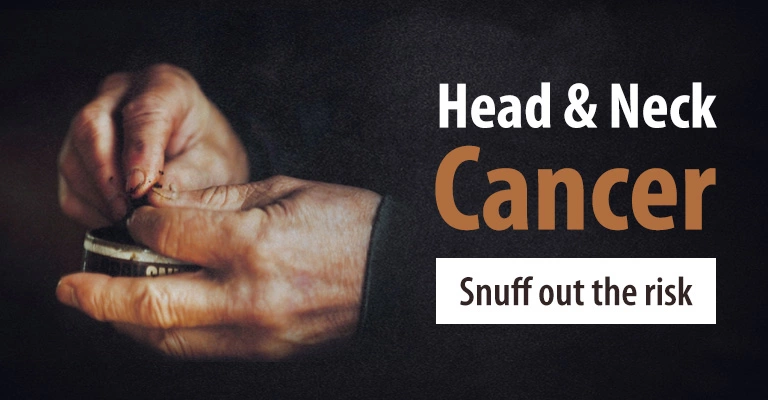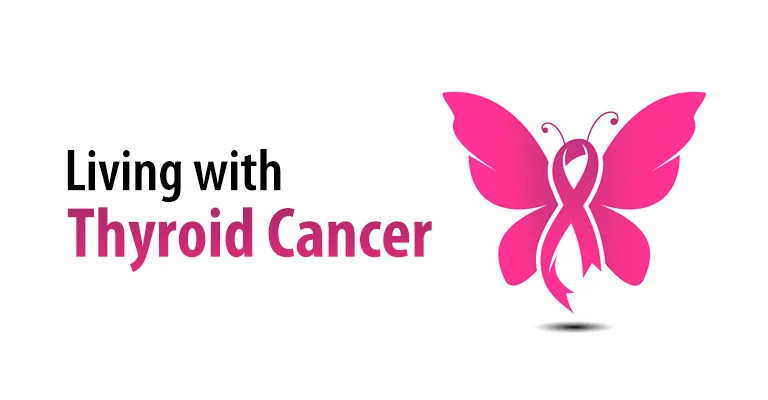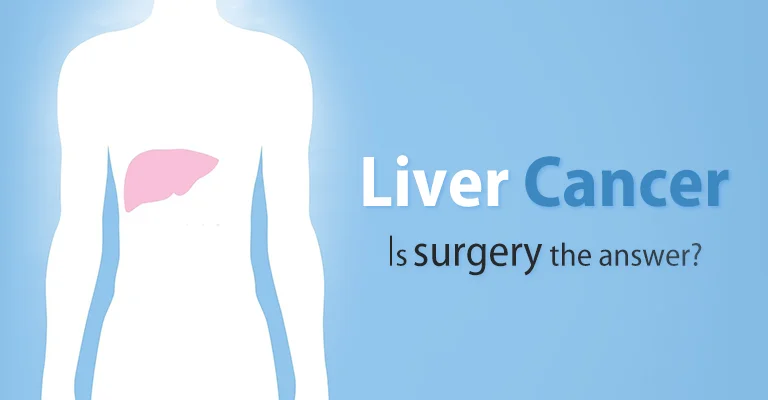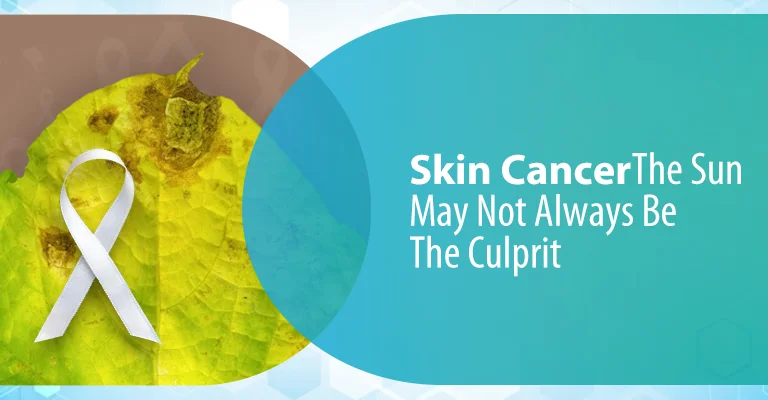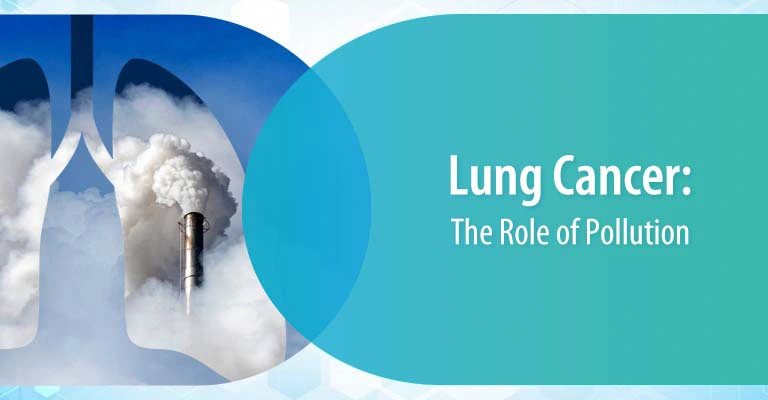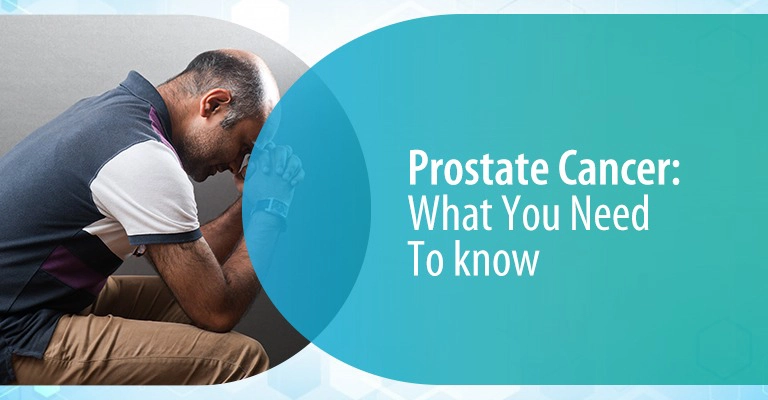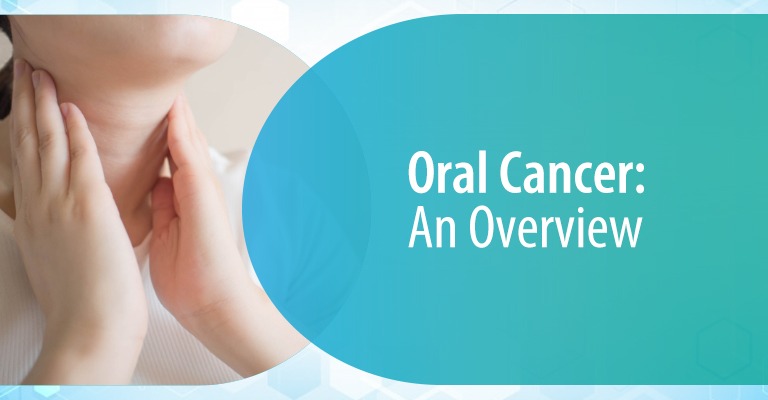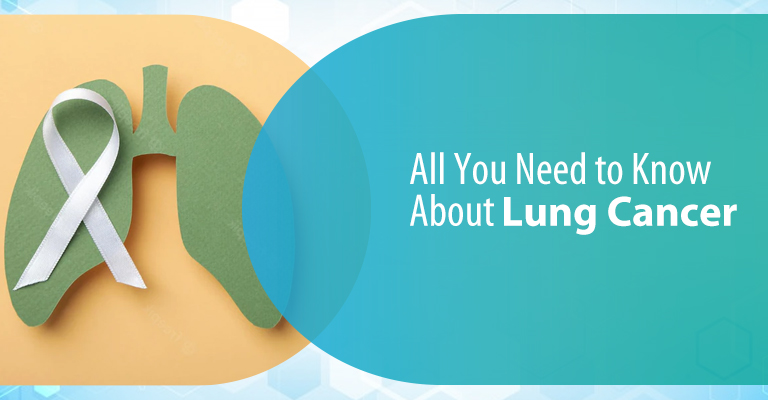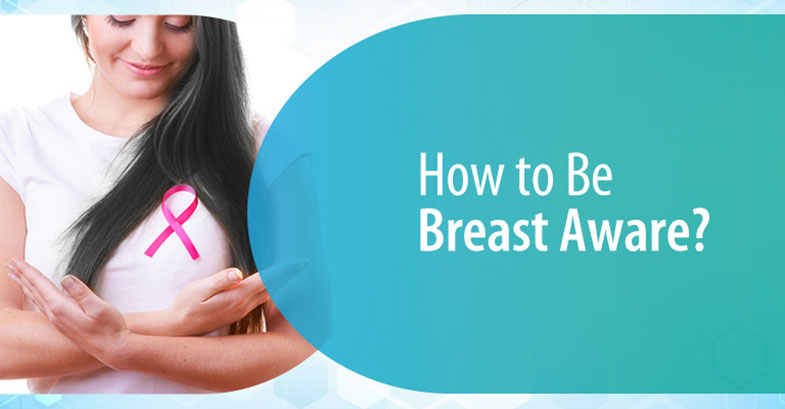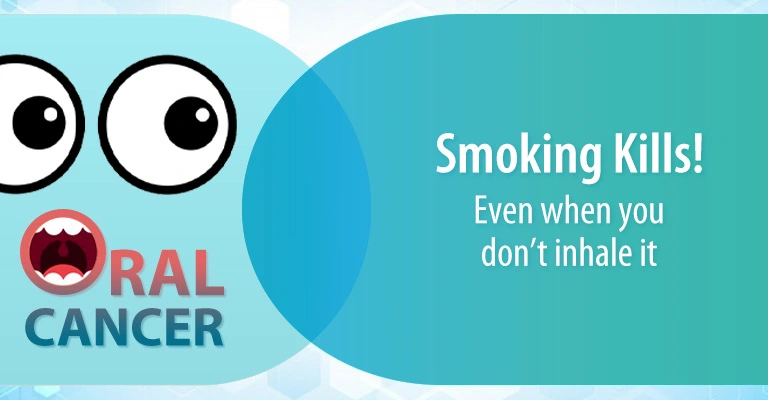
When we talk of the pet perils of smoking, lung cancer usually sits right at the top of the pecking order. However, tobacco use is also a major trigger for oral cancer around the world and smoking cigarettes, chewing tobacco and snuff can cause cancer in the cheek, gums and lips. With pipe smokers, cancer can appear where the tobacco is held in the mouth. In India Khaini, gutka, zarda, and some forms of paan masala are widely used forms of chewing tobacco that increase the risk of oral cancer.
Research shows the risk of oral cancer is nearly 5 to 10 times higher among smokers than those who never smoked. Also, smokers are at a higher risk of dying from oral cancer than non-smokers. When alcohol and tobacco are used simultaneously, the risk of oral cancer soars 15 times more than in non-users. Doctors say 37% of their patients diagnosed with oral cancer would likely die within 5 years from being diagnosed.
Quite a grim prognosis…
What is oral cancer? How is it treated?
Oral cancer is an uncontrolled growth of abnormal cells which leads to the formation of a tumour in the mouth. The predominant sites of oral cancer are the tongue, lower lip, the floor of the mouth and the gums. The commonest cancer of the oral cavity is squamous cell carcinoma. Oral cancer symptoms include red or white spots in the mouth, which could become open sores later on.
Treatment for oral cancer could involve surgery supplemented by radiation therapy. The surgical procedure is performed to remove the affected tissue and if the cancer has spread to the jaw, part of the jawbone might need removal as well. Such a procedure can have a devastating effect on how the face looks, also impairing the ability to chew, swallow, or talk, resulting in unfathomable trauma.
How does smoking increase the risk of oral cancer?
Tobacco is a killer like no other substance and a risk factor for some 25 diseases. The World Health Organization (WHO) reports the worldwide death toll from tobacco use as 4 million annually, and set to touch 10 million per year by the early 2030’s, with 7 million deaths occurring in developing nations alone. This is a lot more than the combined number of fatalities from all illegal drugs and alcohol.
So why is smoking so lethal? Some of the chemicals contained in tobacco smoke like toxins, carcinogens and nicotine “cause, initiate or promote” cancer. These chemicals lead to genetic changes in cells of the mouth cavity which can develop into oral cancer. Use of tobacco raises the risk of oral cancer by exposing the mouth to these carcinogenic chemicals, either during inhalation or through direct contact while chewing tobacco products.
While cigars and pipes are often believed to be less harmful, even without inhaling, cigar and pipe smokers are at a high risk for cancer of the oral cavity, esophagus, voice box, and lungs. Even smokeless tobacco products like chewing tobacco and snuff can cause cancer in the cheek, gums, and lips. Such cancers often initiate as leukoplakia, a whitish patch developing inside the mouth or throat, or erythroplakia, a red, raised patch inside the mouth. This could also be linked to esophageal and pancreatic cancers. In fact, over 28 cancer-causing chemicals have been detected in smokeless tobacco.
Tobacco causes cancer!
- Smoking and use of chewing tobacco are the most common causes of oral cancer
- Telltale signs could be a persistent non-healing ulcer in the mouth or a growth, leading to impaired speech and chewing
- Tobacco users must seek an annual oral visual examination to detect early lesions like white or red patches in the mouth or fibrosis restricting opening of the mouth
- Patients with a suspicious lesion and history of tobacco use must see a specialist ASAP for imaging and biopsy to confirm diagnosis
- In most patients with oral cancers, a surgical excision of the tumour is done and reconstructive surgery can minimize distortion of facial features and function to a considerable extent
Medica Cancer Hospital offers specialized diagnosis and treatment (including advanced radiation therapy) for oral cancer under the supervision of reputed medical oncologists and surgical oncologists.




